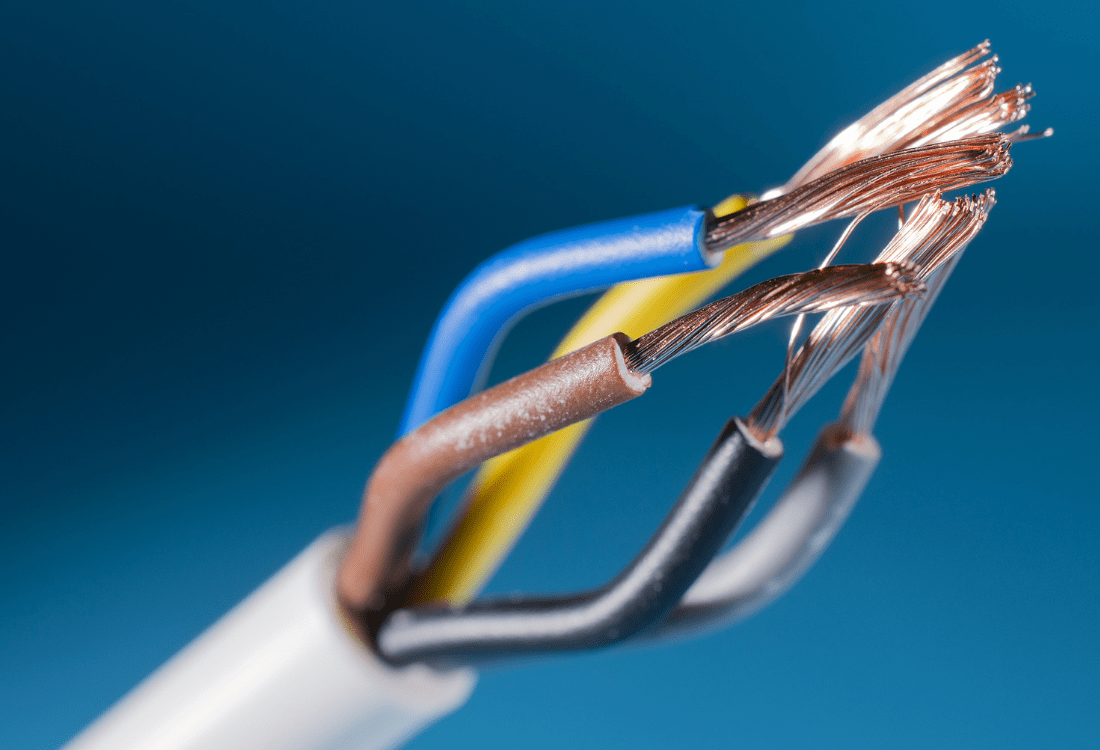
Fixed wire testing is a critical aspect of maintaining a safe and functioning environment for businesses, and it is the responsibility of business owners or their designated responsible person to ensure that any electrical systems are up-to-date and in compliance with safety regulations.
In this article, we look at the risks associated with neglecting fixed-wire testing, the importance of preventative measures, and how implementing a regular testing schedule can improve the overall safety and reliability of your electrical equipment.
What Is Fixed Wire Testing?
Fixed-wire testing is an inspection and testing method that involves examining an electrical system or installation to ensure that it meets the necessary safety standards. A typical test includes a visual inspection of the wiring, circuitry, and protective devices associated with the system, as well as functional testing to verify the safety of installation. By conducting regular fixed-wire tests, you can identify potential hazards at an early stage and take the necessary steps to address them before they escalate into an electrical safety risk.
Key Risks: Electrical Failures And Fires
Failure to carry out adequate fixed wire tests can result in various risks that pose a threat to the safety of your workforce, customers, and property – the two main ones being electrical failures and fires. Without timely maintenance and testing of all electrical systems and devices, electrical faults can arise that trigger malfunctions of equipment, power disruptions, and in some cases, electrocution. Outdated and improperly maintained electrical systems can also overheat, short-circuit, and catch fire, presenting an extreme danger not only to your property but also to the lives and well-being of your employees and customers.
Legal Requirements And Consequences Of Non-Compliance
Fixed-wire testing isn’t a legal obligation itself but is part of the general responsibility of employers under the Health & Safety at Work Act and the Electricity at Work Regulations 1989 to sustain electrical safety in the workplace. Extensive HSE guidance on electrical inspections and testing can be found here. To facilitate compliance, fixed-wire tests must be conducted by a competent person in accordance with BS7671, and there are severe potential penalties in store for businesses that fail to maintain a reasonable level of electrical safety. These include fines of up to £30,000 should a serious incident or safety issue be taken to court.
Find Out More
Regular fixed-wire testing helps improve the overall safety of your workplace, ensuring that potential hazards are identified and rectified quickly, reducing the risk of electrical malfunctions, fires, accidents, and injuries. It is also one of the easiest and most straightforward steps of protecting your property and the people within it from electrical hazards, and of demonstrating compliance with electrical safety legislation.
To find out more about fixed-wire testing and how our team of experienced electrical engineers can help, please get in touch today.
Image Source: Canva




